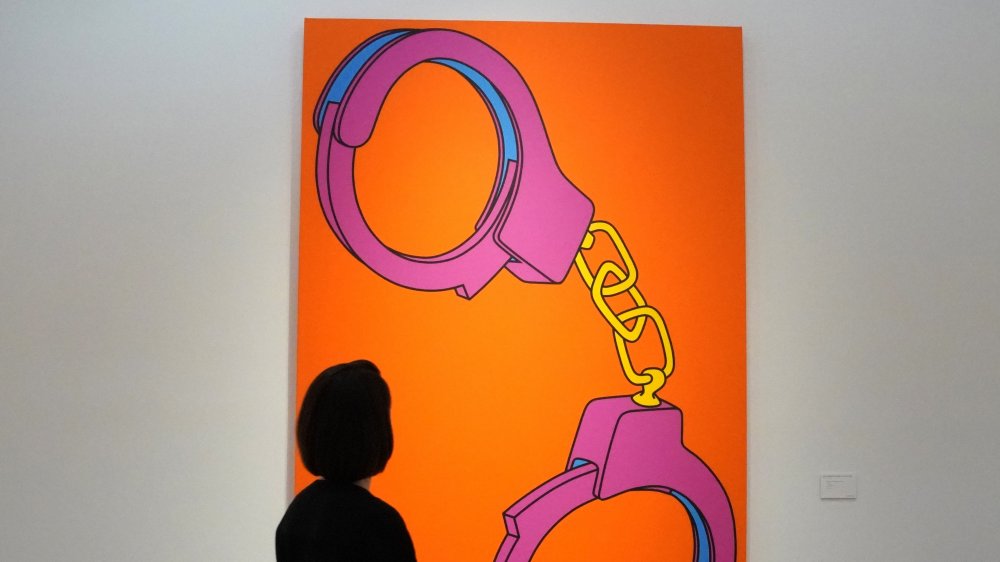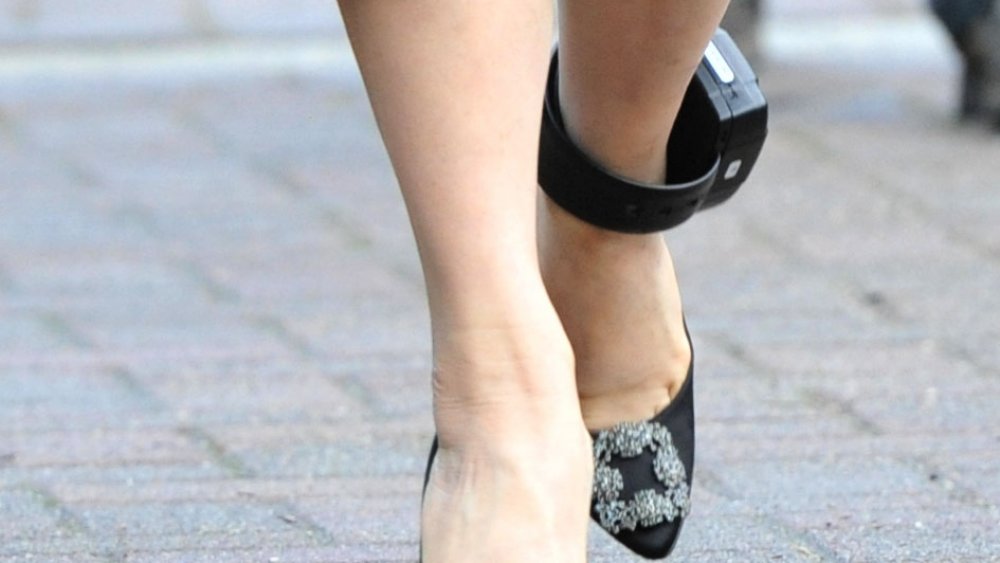What Life Is Really Like Under House Arrest
It feels like we're all on house arrest now, given our quasi-quarantine experience. But truthfully, our experience is not at all what it really feels to be placed under house arrest. Mother Jones reports house arrests and other forms of "alternative incarceration" are on the rise, particularly as criticism of the prison system increases.
People get placed for "home detention" around the world, even in the United States. Circumstances of house arrests depend on the crime. While it is true that some people are not allowed to leave their homes, some are allowed to have breaks, according to FindLaw. This is so people can go to work, school, community service, and other court-approved activities.
This means before you can go anywhere, you have to submit your schedule to the court a month ahead of time, along with your route and who you plan to see, a according to the American Bar Association. Any deviation, like changing the day you do groceries, has to be approved. Sometimes these requests aren't granted.
Just because you're outside doesn't mean you get to do whatever you want either. While in confinement, offenders must wear an ankle monitor at all times and are given curfews. Think of it as grounding level 100. Break curfew or any other rules and you land in jail, real jail.
And don't even think about tampering with that ankle monitor. Persons under home detention must pay for their monitoring devices and the cost of their surveillance. This was Marissa Alexander's experience, says Mother Jones, when she was released into house arrest after shooting her husband in 2015
You have to pay for your ankle monitor
By the end of her sentence in 2017, it's estimated she spent $16,450 for her monitoring. The National Institute of Justice said in a 2011 paper the average cost paid by offenders was $64 a month for the monitors.
Studies have shown electronic monitoring can have adverse effects. The same paper showed electronic monitors can deter employers from hiring those wearing them. Being on house arrest also means you don't get to talk to a lot of people. While we can Zoom with friends, some people on house arrest are not allowed to use computers or talk to former associates.
Hu Jia, a Chinese activist and a critic of the Communist Party, was placed under house arrest in 2011 after his release from jail. He faced not just a life of constant monitoring, but essentially total isolation from others. Hu writes in Foreign Policy that he couldn't choose who contacted him.
"I am under constant surveillance from the Defenders of Domestic Security, better known as Country Defenders, or Guobao. Guobao prevents my friends, foreign diplomats, journalists from international media outlets, and other dissidents or human rights supporters from visiting me," he explained.
While we're all forced to stay inside our homes these days, no one is constantly following our every movement, and no one restricts who we get to talk to. We can go to the grocery store or socially distance in a park and laugh with our friends. And although technology might be tracking us anyway, you should still be glad you're not really under house arrest.

